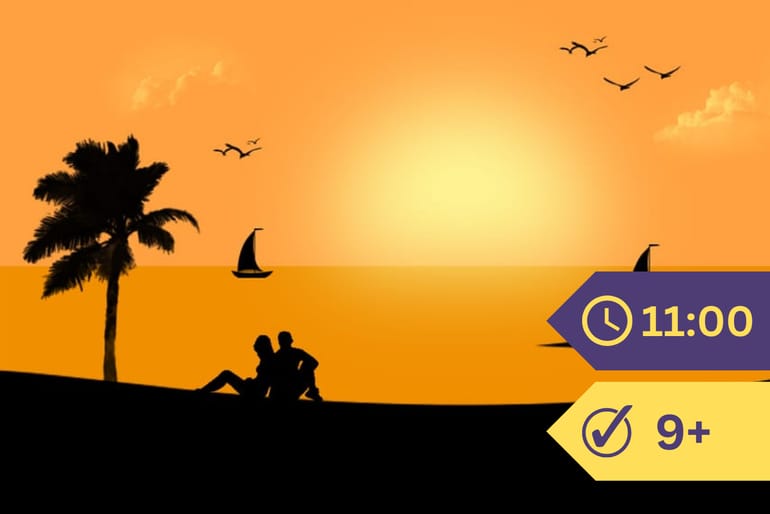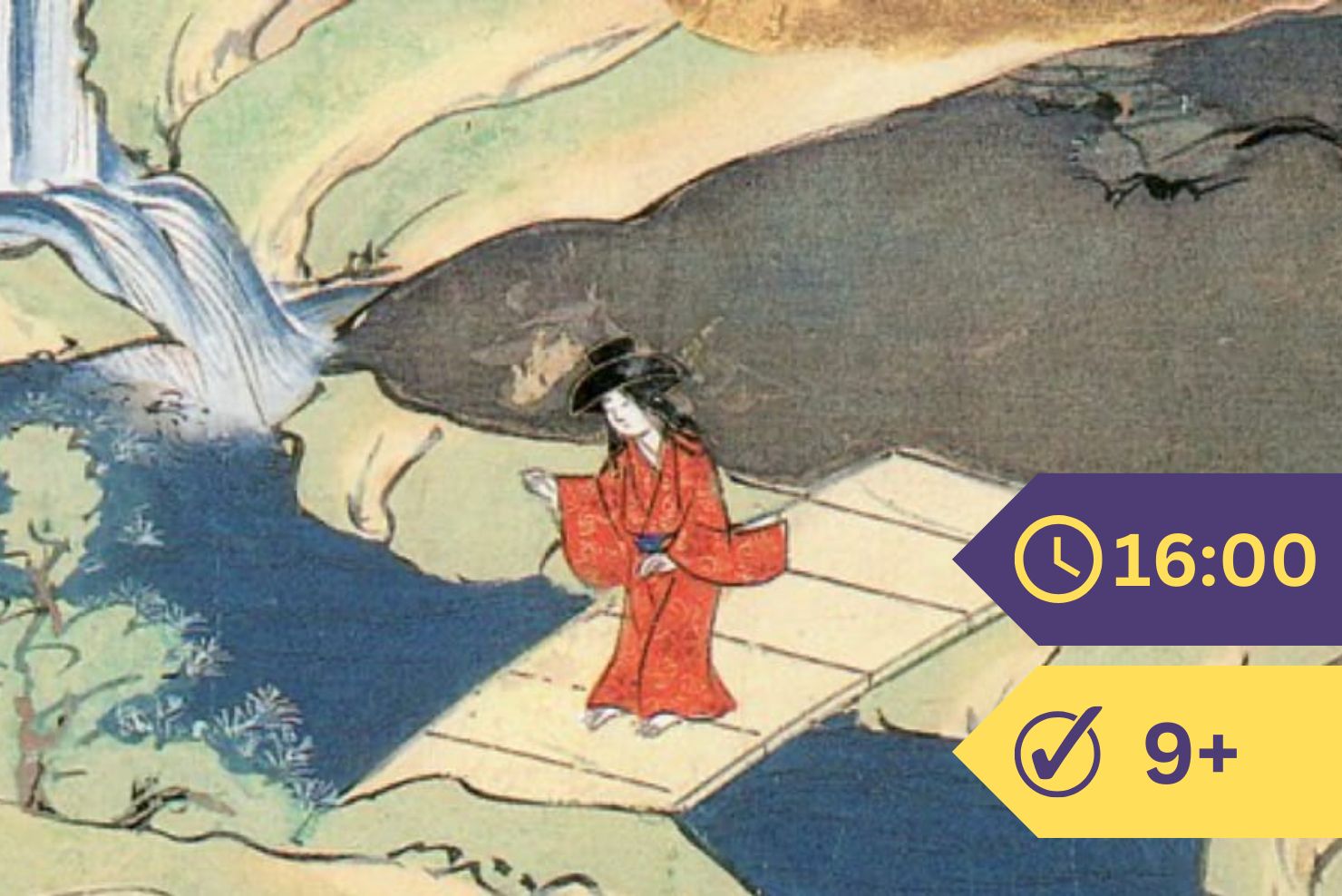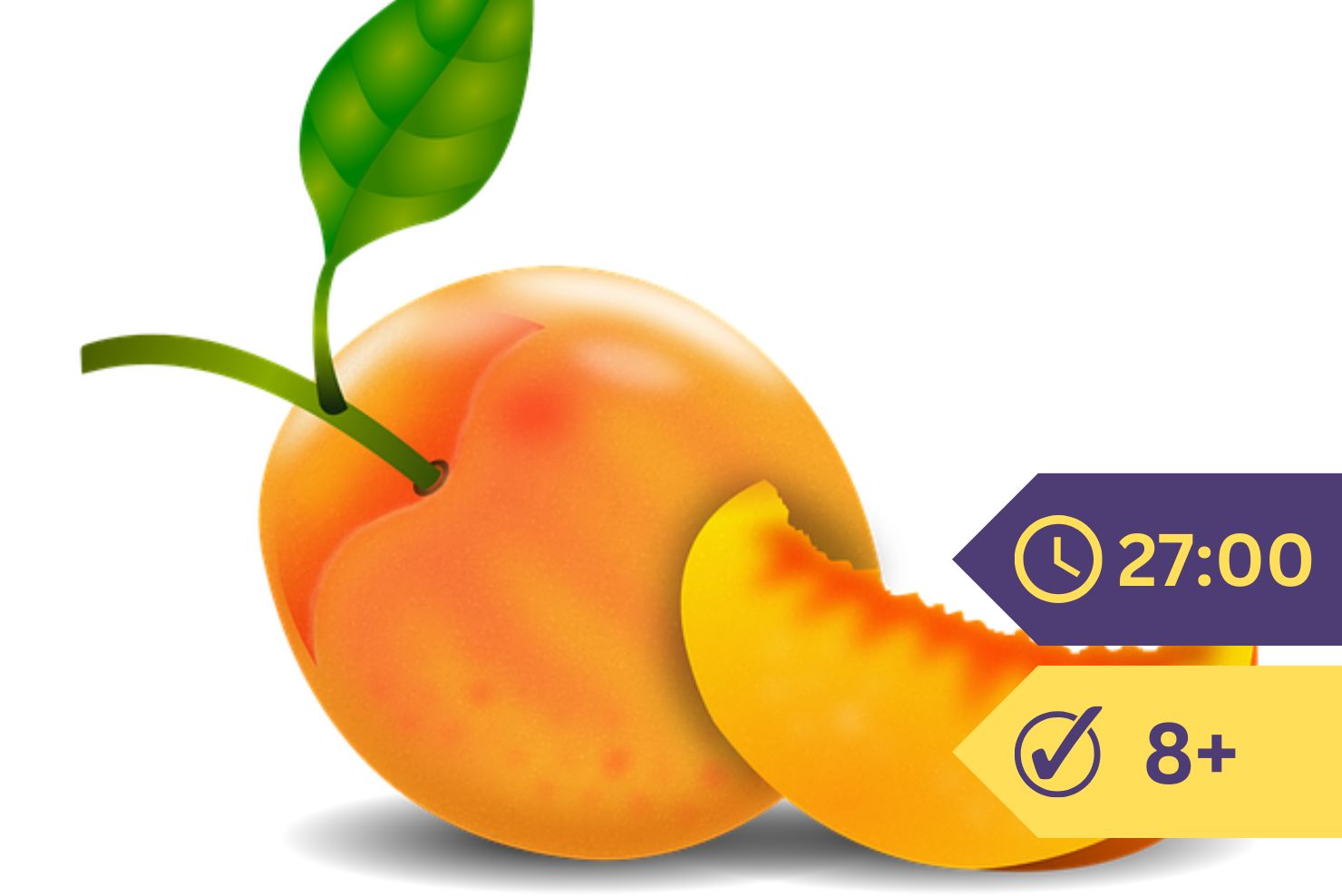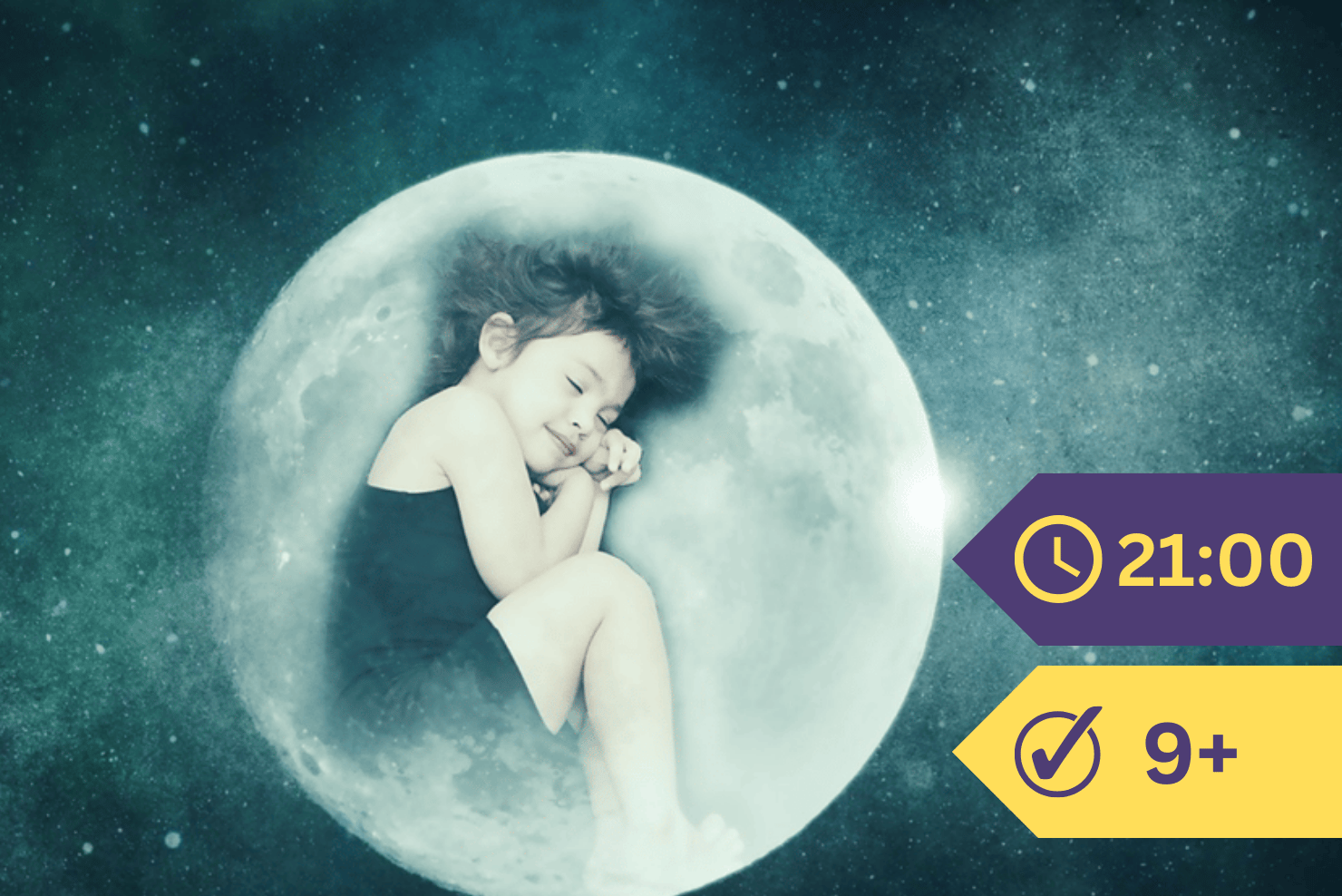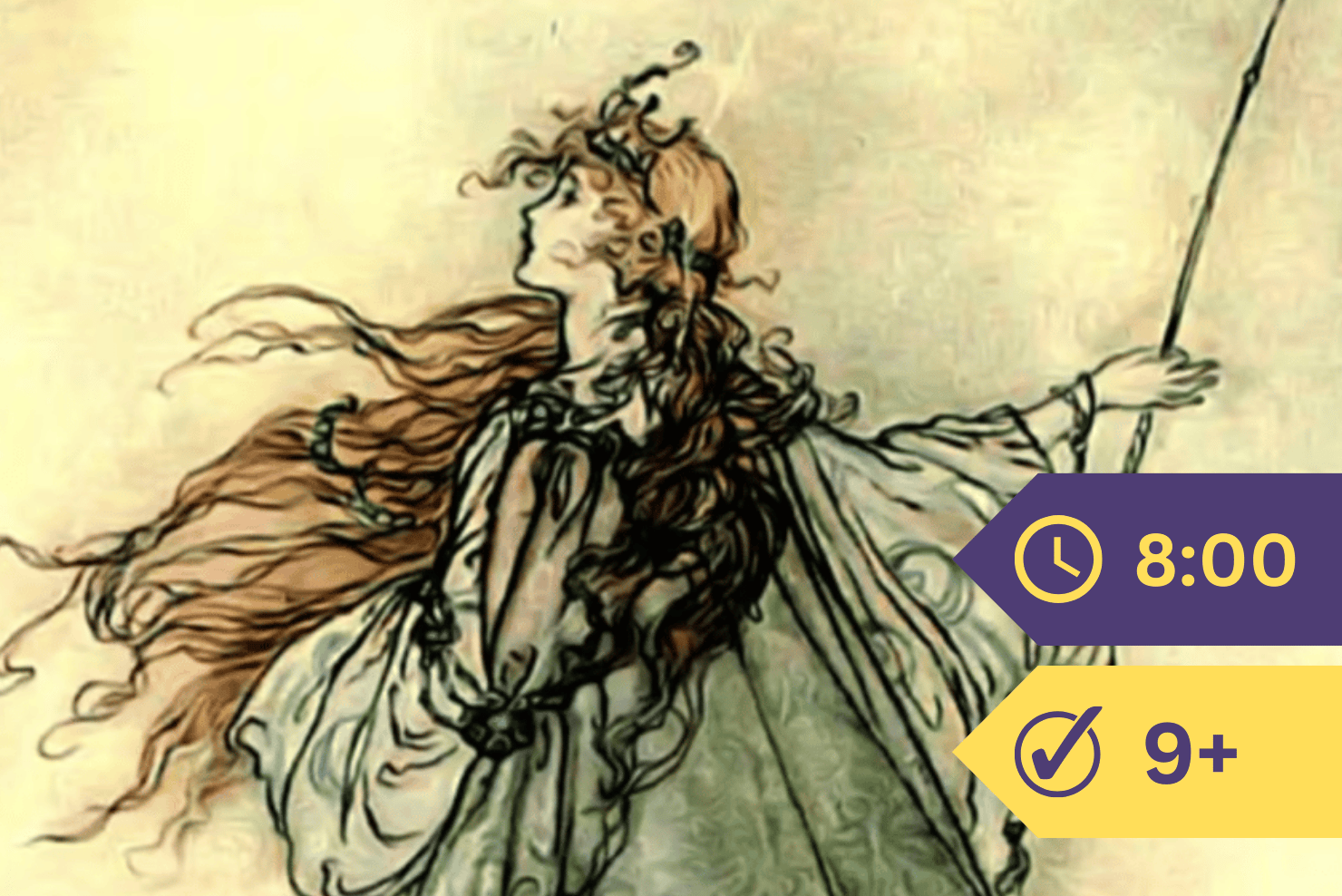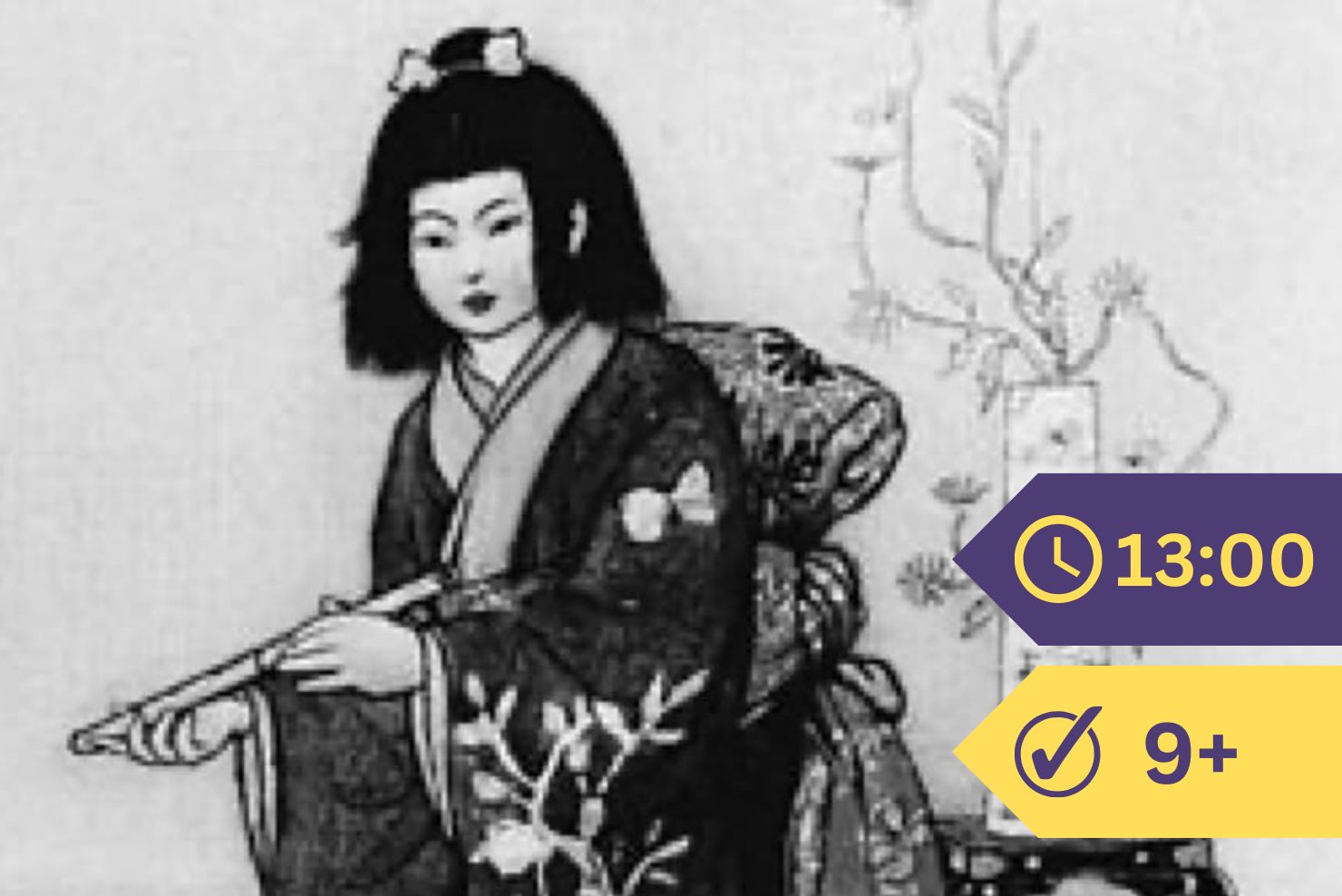Jofuku was the Wise man of China. He read many books and never forgot what was in them. He knew all the characters like he knew the rules, by heart. He learned the secrets of birds and animals, and herbs and flowers and trees, rocks and metals. He knew magic, poetry, and philosophy. Over the years, he gained more and more wisdom. Everyone honored him. But he was not happy, because a word was written on his heart.
The word was “changeability”. It was with him day and night, and it troubled him greatly. Moreover, in the days of Jofuku, a tyrant ruled over China, and he made the life of the Wise man a true burden.
“Jofuku,” he said, “teach the nightingales of my forest to sing to me the songs of Chinese poets.”
Jofuku could not do it despite all his wisdom.
“Unfortunately, my Lord,” he said, “ask me something else and I will give it to you, even if it costs me the blood of my heart.”
“Be careful,” said the Emperor, “watch the paths your words go. Wise men are cheap in China. You can be dishonored.”
“Ask me something else,” said the Wise man.
“Well, then let me smell the peony with the scent of jasmine. The peony is brilliant and imperial. The jasmine is small, pale, and foolish. Yet its perfume is sweet. Let me smell a peony with the scent of jasmine.”
But Jofuku stood still and dejected.
“By the Gods,” cried the Emperor, “this Wise man is a fool! Here, come here some of you, off with his head.”
“My Lord,” said the Wise, “spare my life and I will sail to Horaizan, where the herb of Immortality grows. I will pluck this herb and bring it back to you, so that you may live and reign forever.”
The Emperor thought.
“Well, go then,” he said, “and do not linger on the way, or it will be worse for you.”
Jofuku went and found brave companions to go with him on this great adventure. He manned a junk (a Chinese boat) with the most famous sailors of China, and he took supplies and gold on board. When he had made all things ready, he set sail in the seventh month, around the time of the full moon.
The Emperor himself came to the coast.
“Hurry, hurry, Wise man,” he said. “Bring me the herb of Immortality and do it as quickly as possible. If you return without it, you and your companions will die.”
“Farewell, my Lord,” Jofuku shouted from the boat. There they went with a good wind for their white sails. The planks creaked, the ropes trembled, the water splashed against the side of the junk, and the sailors sang as they set course to the east. The brave companions were cheerful. But the Wise Man of China looked ahead and looked back, and was saddened by the word written on his heart: “changeability”.
Jofuku’s junk lay for many days on the wild sea and steered eastward. He and the sailors and the brave companions suffered greatly. The great heat burned them and the great cold froze them. They were hungry and thirsty, and some of them fell sick and died. Even more were killed in a fight with pirates. Then the dreaded typhoon came and there were mountainous waves that flooded the boat. The masts and sails were washed away along with the supplies, and the gold was lost forever. The famous sailors and the brave companions all drowned. Jofuku was left alone.
In the gray dawn, he looked up. Far to the east, he saw a mountain, far away, with the color of pearls. On the mountaintop grew a tree, tall, with widespread branches. The Wise Man murmured:
“The island of Horaizan lies to the east of the east, and there is Fusan, the Wonder Mountain. On the heights of Fusan grows a tree whose branches conceal the mysteries of life.”
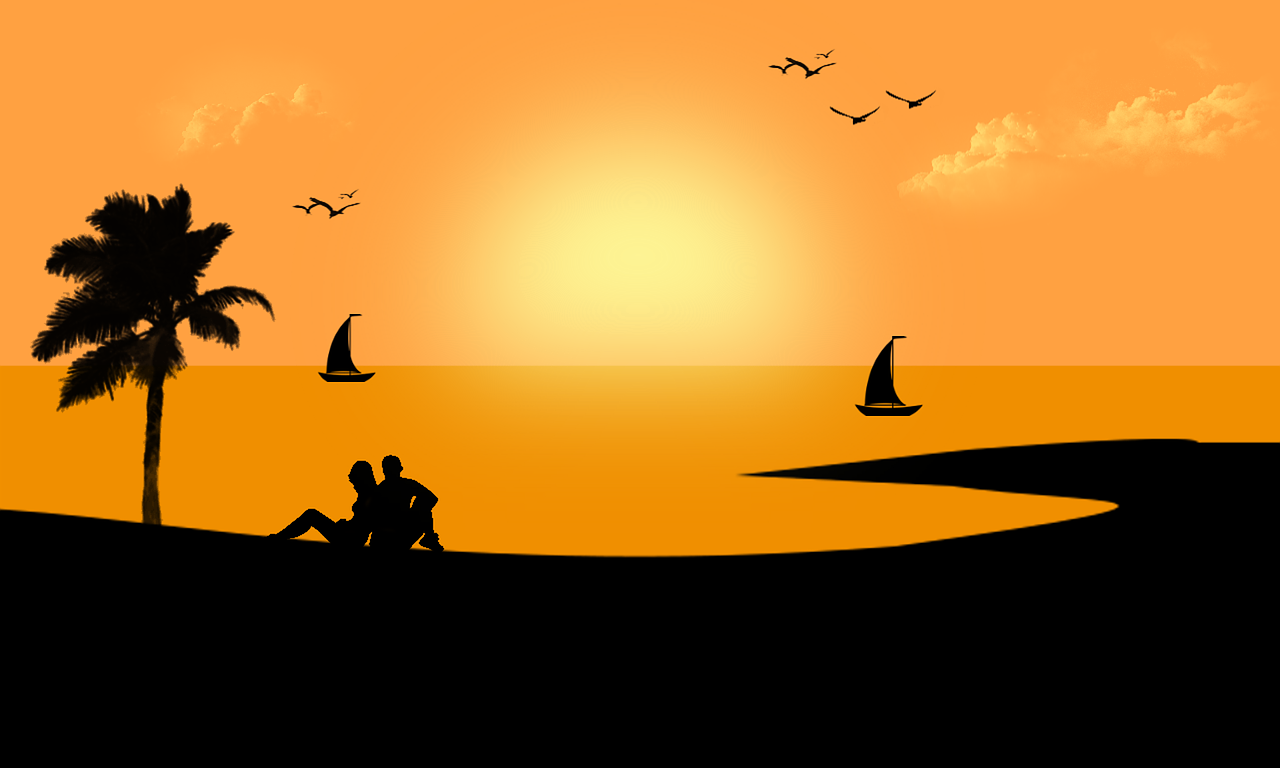
Jofuku lay weak and weary at the bottom of the boat and could not lift a finger. Nevertheless, the junk kept getting closer to the coast. The sea water was calm and blue, and Jofuku saw the bright green grass and the colorful flowers of the island. Soon a group of young men and women came, carrying flower garlands and singing welcome songs. They waded into the water and pulled the wooden boat to the shore. Jofuku was aware of the sweet and spicy scents that clung to their clothing and hair. At their invitation, he left the wooden boat behind, which drifted away and was never seen again.
He said, “I have come to Horaizan the Blessed.” When he looked up, he saw that the trees were full of birds with blue and golden feathers. The birds filled the air with delightful melodies. Fruit hung on all sides: orange and lemon, persimmon and pomegranate, peach and plum, and many other native fruits. The ground at his feet was like rich brocade, embroidered with every flower you can imagine. The happy inhabitants of Horaizan took him by the hand and spoke to him lovingly.
“How strange,” said Jofuku, “I no longer feel my old age.”
“What is old age?” they said.
“I also feel no pain.”
“What is pain?” they said.
“The word is no longer written on my heart.”
“Which word are you speaking of, beloved man?”
“The word is changeability.”
“And what can its meaning be?”
“Tell me,” said the Wise Man, “is this death?”
“We have never heard of death,” said the inhabitants of Horaizan.
The Wise man of Japan was Wasobiobe. He was as wise as the Wise man of China. He was not old but young. The people honored him and loved him. He was often happy enough.
It was his pleasure to go out to sea alone in a fragile boat to meditate in the wild and watery wilderness. Once he did this, he accidentally fell asleep in his boat. He slept all night, while his boat drifted eastward. So when he woke up in the bright morning light, he found himself under the shadow of Fusan, the Wonder Mountain. His boat was in the water of a river of Horaizan, and he steered it among the blooming irises and lotuses to the shore and jumped ashore.
“The most loving place in the world,” he said. “I think I have come to Horaizan the Blessed.”
Soon the boys and girls of the island came, and with them the Wise Man of China, as young and happy as they.
“Welcome, welcome, dear brother,” they cried, “welcome to the Island of Eternal Youth.”
After they had given him food of the delicious fruits of the island, they lay down on a flower couch to listen to sweet music. Then they wandered through the woods. They rode and hunted, or bathed in the warm sea water. They celebrated and enjoyed every conceivable delightful pleasure. So the long day continued, and there was no night, because there was no need for sleep. There was no fatigue and no pain.
The Wise man of Japan came to the Wise man of China. He said:
“I can’t find my boat.”
“What does it matter, brother?” said Jofuku. “You don’t need a boat here.”
“But, my brother, I do want it. I want my boat to take me home. I am sick with homesickness. That is the truth.”
“Aren’t you happy in Horaizan?”
“No, because a word is written on my heart. The word is ‘humanity.’ It troubles me and I have no peace.”
“Strange,” said the Wise Man of China. “I once had a word written on my heart. The word was ‘changeability,’ but I have forgotten what it means. You will probably forget your word too.”
“No, I can never forget it,” said the Wise Man of Japan.
He sought out the Crane, a great traveler, and begged her, “Take me home to my own land.”
“Unfortunately,” said the Crane, “if I did, you would die. This is the Island of Eternal Youth. Do you know that you have been here for a hundred years? If you leave, you will feel old age, weariness, and pain, and then you will die.”
“It doesn’t matter,” said Wasobiobe, “take me home.”
Then the Crane picked him up on her strong back and flew away with him. Day and night she flew and never had to rest because she never tired. Finally, she said, “Do you see the coast?”
And he said, “I see it. All praise be to the gods.”
She said, “Where shall I take you? You only have a short time to live.”
“Good Crane, put me down on the beloved sand of my land. Under the broad branches of the pine tree, there sits a poor fisherman repairing his net. Bring me to him so that I may die in his arms.”
So the Crane laid Wasobiobe at the feet of the poor fisherman. And the fisherman took him in his arms. And Wasobiobe laid his head against the humble chest of the fisherman.
“I could have lived forever,” he said, “but because of the word written on my heart, I have returned.”
“What word?” asked the fisherman.
“Humanity is the word,” muttered the Wise Man. “I have grown old. Hold me. Ah, the pain…” He let out a great cry.
Then he smiled. His breath left him with a sigh, and he was dead.
“It is the way of all flesh,” said the fisherman.

